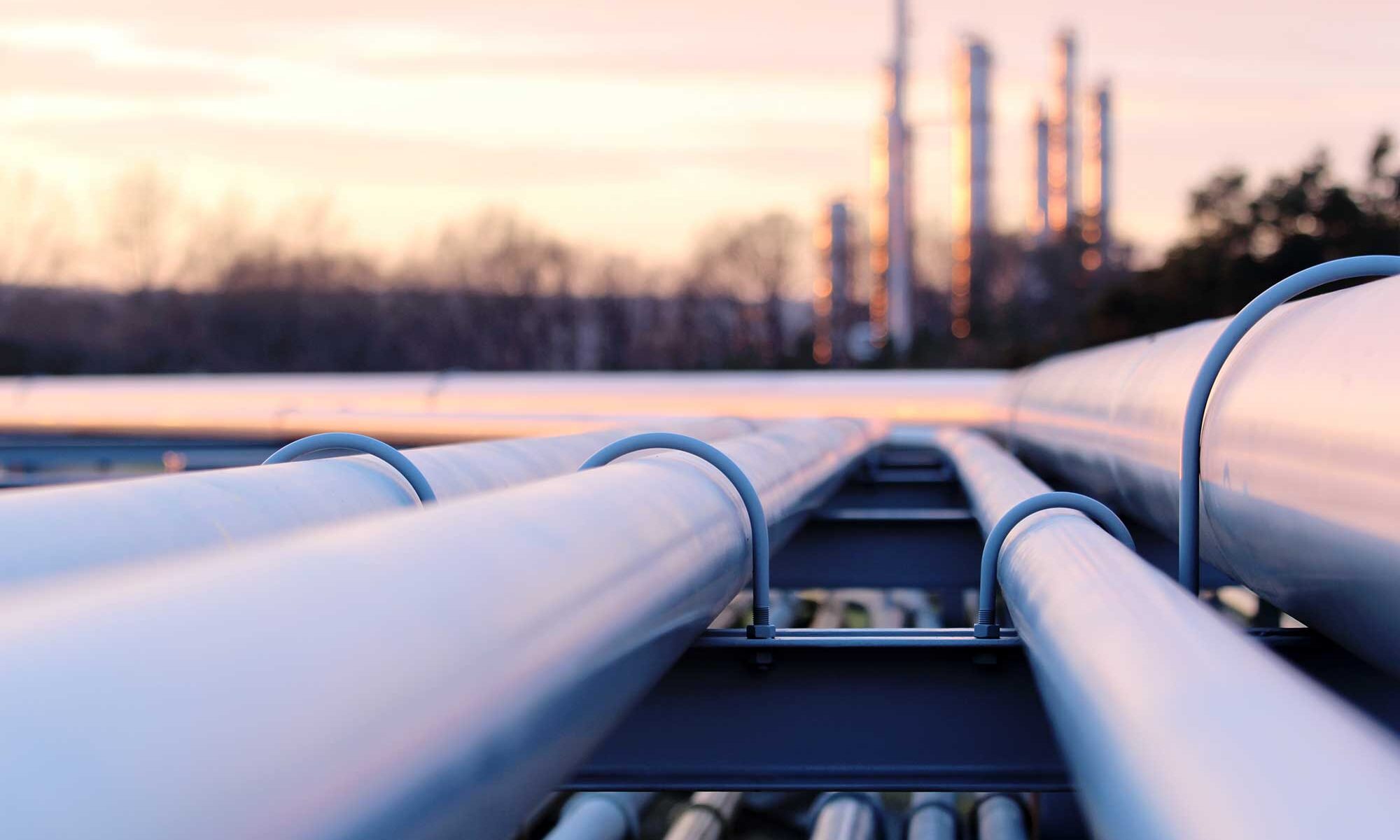This additional route has been under discussion for many years and a strip of land has already been reserved. However, the Flemish government recently halted the project. Flemish Environment Minister Zuhal Demir (N-VA) says it is still too unclear exactly what that pipeline will be used for. There are also quite a few protests among residents living near the pipeline route. They fear it will be used for additional fossil oil transports towards Germany.
Key role
According to essenscia, pipelines play a key role in the industrial transition currently under way. They are needed for the transport of sustainable energy carriers such as hydrogen, but also for bio-based, recycled and green molecules. They also enable the large-scale disposal of CO2 captured at companies for storage (CCS) or industrial reuse (CCU), a crucial technology to meet climate targets.
Pipelines are the most environmentally friendly, safe and efficient means of transporting bulk chemicals, with by far the lowest CO2 emissions and a unique transport profile that allows very large volumes to be transported without visual, noise or odour pollution and without impacting other traffic flows.
Image: Kodda/Shutterstock



